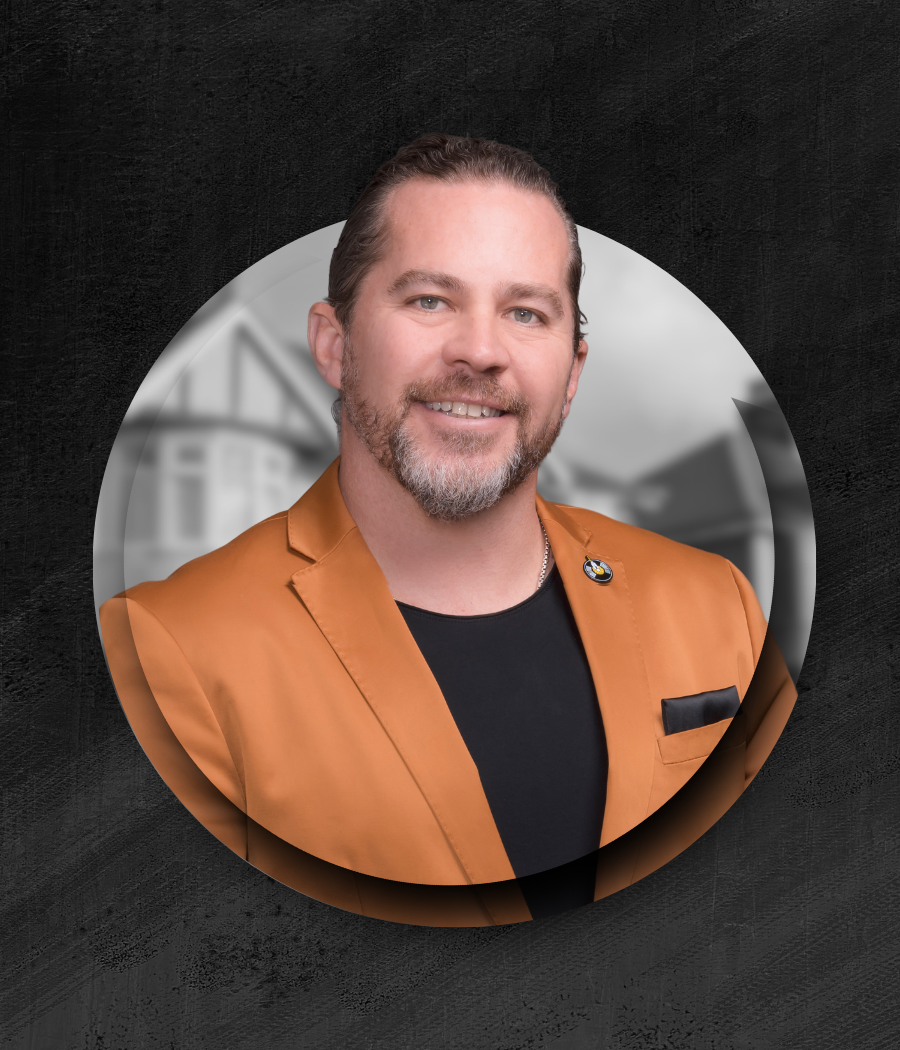Rent or Buy? Here’s How to Decide
Buying a home is a major milestone and life goal for many people. The common sentiment is that rent is throwing money down the drain, while buying a home is an investment that builds equity—but the truth is more complex.
Personal finances, lifestyle, goals, location, and the economy all play a role in whether or not it’s a good idea for you to buy a home right now. You control some of these, such as your desire to stay in one place for an extended period or not. But others, like interest rates and home prices, are outside of your control. If you’re on the fence about buying a house, take a close look at each of the following factors before making a decision.
Stability vs flexibility
The choice to take on homeownership has as much to do with lifestyle as it does with your finances. In fact, even if you can afford to buy a home, you should only do so if you’re ready for a major commitment. Why’s that? Because you purchase a home, you’ll need to stay in it for at least three to five years to build equity.
Why is equity important for homeowners? Because it represents the amount you’ll get back when you make a home sale. Equity is the difference between the value of the home and the amount you still owe on your mortgage, and waiting three to five years before moving gives you the chance to pay down your mortgage while the value of your home appreciates. The bigger the difference, the more money you’ll make on the sale.
What does this mean for your lifestyle? If you buy, you shouldn’t plan on changing locations for a few years after making a home purchase, because you’ll need to stay in the same house. This makes homeownership a great choice for someone looking to put down roots, but less great if you like to move every time your lease comes up.
Also, you should only buy a home if you have a stable career, and you plan on staying in it for a while. You’ll usually need to show two years of employment in the same position to get approved for a home loan, and to make sure you stay current on your mortgage payments, it’s a good idea to not make any major career changes during the first couple years of homeownership.
Personal finances and cost
Once you’ve decided that homeownership is a good fit for your lifestyle, it’s time to consider the costs. Buying and renting have different costs depending on the economy, housing market, and where you live—but you can always expect to spend more on buying than renting in the first year. Remember that a home purchase is an investment. Money that you put into it you can generally expect to get back, either by eventually owning your home outright or when you sell in the future.
To buy, you’ll usually need 20% to put down for a conventional mortgage, plus 3-6% of the purchase price for closing costs. Your monthly expenses will include the mortgage payment which includes interest, homeowner’s insurance, home maintenance and repairs, and HOA fees (if they apply).
When you rent, your upfront expenses aren’t as high. You usually need a deposit to move in, equal to a couple months’ rent. Your monthly expenses include the rent and renter’s insurance, which costs less than homeowner’s insurance because it covers your belongings, not the structure itself.
Which is cheaper? That depends on a variety of factors, including mortgage rates, the housing and rental markets where you live, and the overall state of the economy! When mortgage rates are lower, buying a home can give you a significantly smaller monthly payment than renting—but the cost of entry into homeownership is almost always higher.
Which is right for you? Talk to an expert real estate agent or lender to decide.
Property customization
Want the ability to modify and improve your property at will? Homeownership is for you. When you own a home, you can paint, renovate, and update when you want, how you want. You’ll have to cover the cost, but you have total control over the outcome. Some structural modifications such as square footage add-ons require a permit from your local authority—but once you make the improvement, the benefits such as more space and additional home value are all yours.
Any improvement you make to a rental property must first be approved by the landlord—even small details like changing the paint. Landlords may not be willing to let a tenant make changes, and if they are, they’re not likely to cover the cost. Additionally, any improvement you make will then belong to the landlord, and when you move out, they’ll enjoy the added value without having paid for the investment.
There are also pros and cons to homeownership versus renting for repairs and maintenance. As a homeowner, you’re 100% responsible for your home maintenance, and if you don’t keep up on it, your home can actually lose value. The upside? You determine when and how it happens. There’s no waiting around for a landlord to hire someone to make repairs, and you get to choose the quality of the material and who does the work.
When you’re renting, your landlord is typically responsible for repairs and maintenance on the property. You won’t have to foot the bill for a new water heater or a roof repair—but you will have to accommodate the landlord’s schedule. Good landlords will get repairs done quickly, but working around someone else’s schedule can cause inconvenience and frustration.
The housing market
If you’ve decided to buy a house, the next thing you need to determine is if you should buy a house right now. If your finances are in order and you know that buying a home is for you, consider the real estate market where you live and compare it to the rental market.
In the country overall, rental prices and home purchase prices have gone up in the last several years—but now, home purchase prices are starting to come down. That means it could be a good time for you to buy.
Not sure? Get in touch.
Do you live near us?
Every local real estate market is different, and we’re experts in ours. If you’re thinking of buying a home around here, we can help you decide if now is the right moment.
.png)
.png)
.png)
.png)
.png?w=128&h=128)